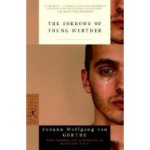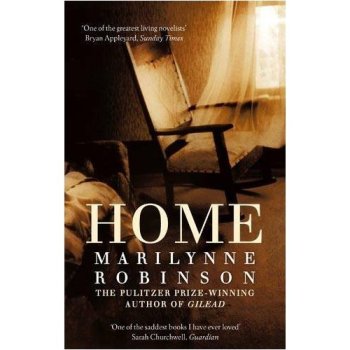Australian writer Eva Hornung based her latest novel on a newspaper article she read about a homeless Russian boy who had been brought up for some years by feral dogs. According to one of the characters in her novel there are five million homeless children living on the streets of Moscow (a quick trawl of the internet reveals a number that may be anywhere between one and five million).
Four-year-old Romochka is abandoned in a high-rise flat by his “uncle”, his mother’s whereabouts unknown. After four days of waiting for the uncle to return, Romochka ventures tentatively out into the street to find food or companionship, with his mother’s admonishments not to talk to strangers still ringing in his head. Almost immediately he sees a dog and follows it with curiosity – and increasing desperation -amid the freezing temperatures. The dog, aware it is being followed, leads Romochka to a disused cellar on the outskirts of the city, near a rubbish mountain. The child curls up with the bitch, Mamochka, for the night for warmth, unafraid to share her milk with the rest of the litter. Look away if you are squeamish as Romochka soon embeds himself with the eight-member feral dog family, hunting with them, sleeping alongside them and sharing the same food – whatever it may be. Perhaps due to his young age, he quickly he identifies himself as a dog and it isn’t until he sees himself in a mirror in the course of a house break-in a couple of years later that he realises he is a boy, and a very scruffy, alarming-looking one at that. (Interestingly enough he forgets this episode within days, re-identifying himself as a dog). When his dog mother adopts another human baby he is at first very jealous but eventually hugely protective of his “brother”.
Hornung’s prose has a haunting quality, with touching, sensuous details of Romochka’s dog mother and the fierce love he has for his dog siblings; the family dynamics as complicated as any human’s. Dog Boy pulls no punches, however, with its moments of raw violence when the pack, desperately hungry, intimidate the elderly or young children and rob them of their groceries. In another episode a pack of what we assume must be wolves or “Strangers” attack the feral dogs in their lair and are duly dispatched, their skulls later hoarded and kept as a shrine. There is an air of menace throughout the novel: the reader all too aware that the boy’s way of life cannot continue. But Romochka’s sense of survival is extraordinary and moving.The final sections of the novel detail the medical and psychiatric involvement in the young boy’s case. I felt this was the weakest section of the story; it seemed to dissolve quickly into cliché, particularly when it came to the relationship between the two scientists involved. I preferred instead the vivid, earlier descriptions of Romochka’s existence as a dog boy and his various schemes to make money and food for his canine family, including his misguided trip on the Metro (with one dog sibling in tow) which lead to his incarceration for a week.
This minor criticism aside, this was a compelling and, despite its often gruesome subject matter, an ultimately uplifting read, that will ensure you will never think the same way again about homeless children nor your family pet.
Eva Hornung won the 2010 Australian Prime Minister’s Literary Award for fiction for Dog Boy. She is a human rights activist, and co-founder of the organisation Australians Against Racism. Dog Boy has been published across the English-speaking territories, Germany, the Netherlands, Spain and Italy.








